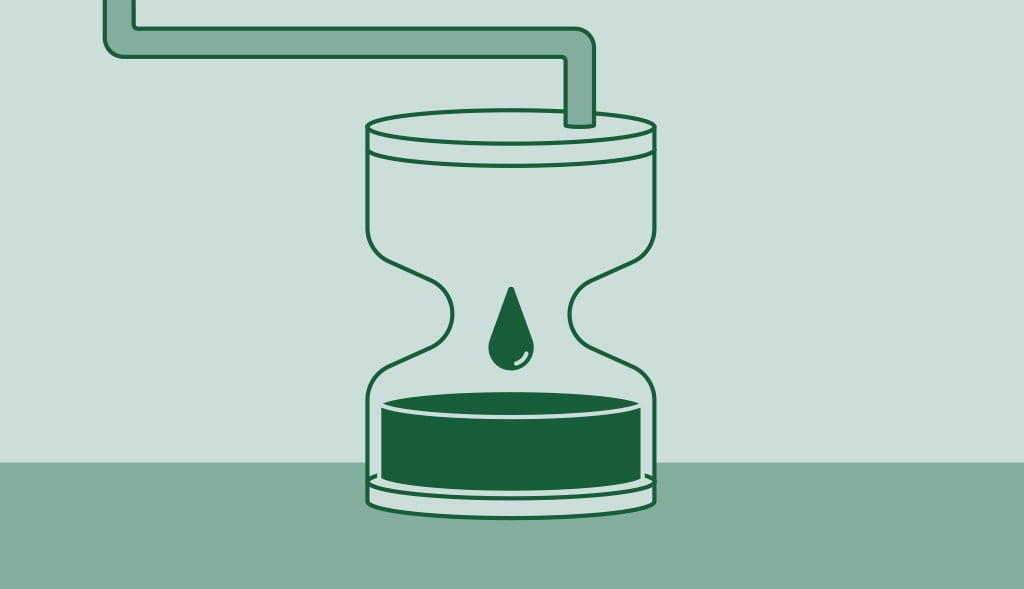How to Dispose of Your Water Heater the Best Way

In every household, a water heater is an essential appliance. However, when it reaches the end of its lifespan or you decide to upgrade, you might be left wondering how to properly dispose of this large piece of equipment. Heater disposal involves a few critical steps, but with a little planning and effort, it can be accomplished smoothly. This article will guide you through the process of disposing of your hot water heater.
Understanding Your Water Heater
What is a Water Heater?
Water heaters are appliances that provide a constant supply of hot water for various household needs. Over time, these appliances can break down due to age or damage, requiring replacement and proper disposal.
Components of a Water Heater
Your water heater consists of various elements, including a water tank, heating element, thermostat, and an anode rod. Each of these components requires different disposal methods due to their material composition.
Preparing Your Water Heater for Disposal
Before you start the disposal process, it’s important to prepare your water heater properly.
Drain the Water Tank
Firstly, you must empty the water from your hot water heater. This involves turning off the water supply, attaching a hose to the drain valve, and allowing the water to flow out.
Remove the Anode Rod
The anode rod is an important component of a water heater that helps prevent the tank from rusting. This rod can be unscrewed and removed using appropriate tools. The removed anode rod can be disposed of as scrap metal.
Ways to Dispose of Your Water Heater
After preparing your water heater, there are several methods you can choose from to properly dispose of it.
Local Recycling Center
One of the most environmentally friendly methods for heater disposal is to take it to a local recycling center. Many recycling centers accept water heaters, where they will be stripped down and the metal components, including the water tank, can be recycled as scrap metal. Always call ahead to make sure your local recycling center accepts water heaters.
Removal Service
If transporting the water heater yourself is too cumbersome, consider hiring a removal service. These companies specialize in the collection and disposal of large appliances, ensuring that they are properly disposed of in an eco-friendly manner.
Waste Management
In some areas, your local waste management company may offer pickup services for large appliances like water heaters. However, there may be restrictions and potential fees, so it is advisable to call and inquire before leaving your water heater out for collection.
Safety and Environmental Considerations
While disposing of your water heater, keep in mind the following points to ensure safety and minimal environmental impact.
Properly Dispose of Hazardous Components
Certain components within the water heater, such as the thermostat, may contain hazardous materials and should not be thrown out with regular waste. Ensure these components are removed and disposed of correctly. Your local recycling center or waste management facility can guide you on how to handle these parts safely.
Scrap Metal Recycling
Many parts of a water heater, such as the tank and anode rod, are made from valuable metals that can be recycled. By bringing your old heater to recycling centers that accept scrap metal, you not only dispose of your heater responsibly, but you could also earn a few bucks from the scrap value.
Protect Your New Water Heater with a Corro-Protec Anode
To ensure the longevity and efficiency of your new water heater, consider equipping it with a Corro-Protec powered anode rod. The purpose of an anode rod is to delay the corrosion of the water heater’s metal tank by sacrificing itself through a process called electrolysis. Traditional sacrificial anodes, however, can deteriorate over time, requiring regular inspection and replacement.
The Corro-Protec powered anode, on the other hand, offers a long-term solution. Its powered design means it doesn’t sacrifice itself, providing constant and reliable protection for the life of your water heater. This can effectively double the lifespan of your water heater.
Moreover, the Corro-Protec anode rod helps prevent common water heater issues. For instance, it eliminates the occurrence of a rotten egg smell, which is often caused by the reaction between bacteria and a traditional sacrificial anode rod. It also helps prevent the buildup of air in hot water lines, which can disrupt the efficiency and function of your water heater.
By reducing corrosion, the Corro-Protec anode maintains the efficiency of your water heater, saving energy, and keeping your hot water supply at optimal levels. So, investing in a Corro-Protec powered anode is an investment in the long-term performance and durability of your new water heater.
Conclusion
Disposing of a hot water heater can seem like a daunting task, but with a little preparation and knowledge, it can be done safely and responsibly. Whether you choose to transport it to a local recycling center, hire a removal service, or use a waste management pickup, remember to properly dispose of all components, emphasizing those that can be recycled. Through these steps, you can make sure your old water heater is disposed of in an environmentally friendly and safe manner.
DISCLAIMER: The information provided is for general DIY guidance on water heater maintenance and does not replace professional advice or service. Risks include electric shocks, burns, and property damage. Prioritize safety, follow manufacturer’s guidelines, and consult with professionals if unsure. Comply with local laws and obtain necessary permits. Use this information at your own risk; the provider assumes no liability for any injuries or damages. If in doubt, hire a professional.
Blog
Environmental Impacts of Even the Best Water Heaters
We all love hot water, but at what expense to the environment? Did you realize your water heater has a negative impact on the environment? […]
How Long Do Water Heaters Last? Much Shorter Than it Could!
How long do water heaters last is a very complex and difficult question to answer. We live in a society that increasingly understands the environmental […]

